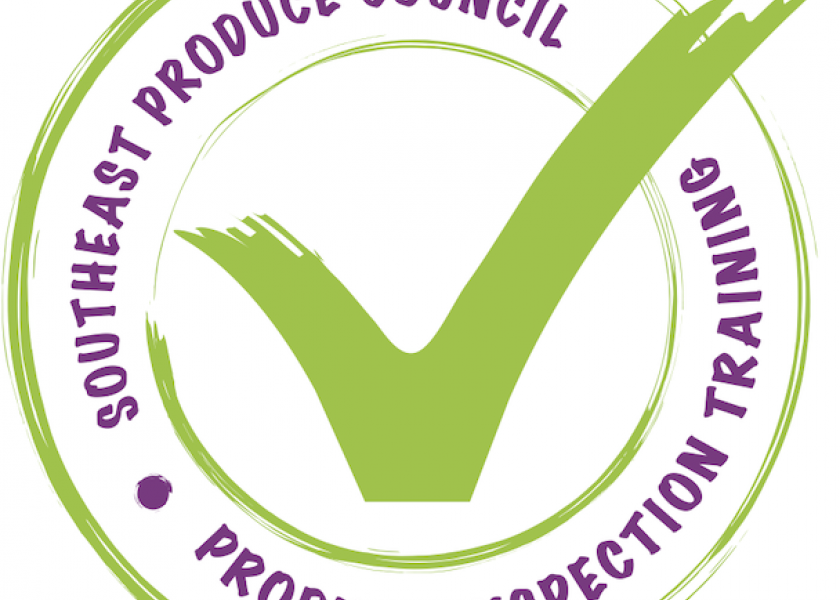Good attendance at SEPC's first virtual Produce Inspection Training

The Southeast Produce Council held its first virtual Produce Inspection Training course session within the SEPC Virtual Garden.
The two-day course, the first of which was May 12, is for quality control personnel, produce buyers, produce inventory control personnel and other company associates involved in the receiving, handling, buying and shipping of fresh produce, according to a news release.
It was conducted by International Produce Training through what has evolved into an 11-year partnership.
Traditionally this course takes place over two-day period for each of the spring and fall sessions, however due to the extenuating circumstances surrounding the COVID-19 pandemic, the SEPC Virtual Garden team enabled the ability to offer both sessions over the course of two days, one in May and the other in October.
“I truly enjoyed yesterday's live session as well as the cooperation between IPT, the SEPC and AGS in putting the online program together for the SEPC's members. Doing the training online was a first for IPT and, from the comments received so far, I know it won't be the last. It enabled about three times as many people to attend, eliminated practically all travel costs and kept people safe (and definitely “socially distanced”) during these trying times we've all experienced over the past several months,” Paul Manol, International Produce Training vice president and lead instructor, said in the release.
The 8 a.m. to 3 p.m. session included an overview of the basics of produce inspection followed by several commodity inspection segments led by Manol. After a lunch break, Manol held a live question-and-answer segment.
“We thought that offering our PIT session within the SEPC Virtual Garden was a logical solution, given the travel bans that many of our members still have in place. Little did we know that this opportunity would be so well-received by our membership, with over 60 participants from about 30 member companies. What a valuable and innovative addition to the educational opportunities offered by the Southeast Produce Council,” Tim Graas, SEPC secretary and PIT program chairman at Associated Wholesale Grocers, said in the release.
SEPC offers a spring and fall session for its Produce Inspection Training course, both of which must be attended to receive a certificate of completion.
For more information visit the Education page of the SEPC website.







